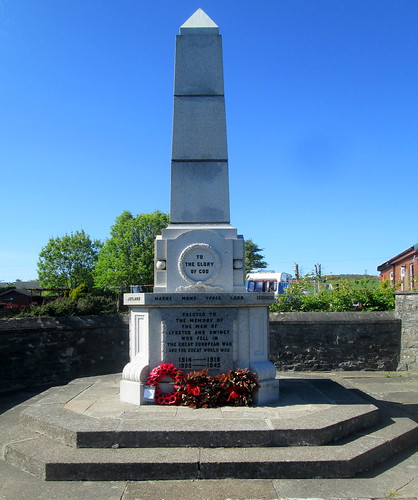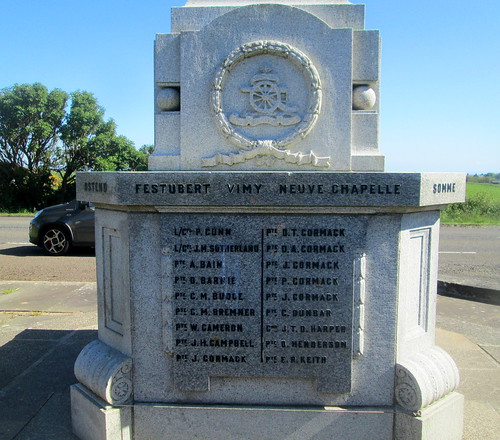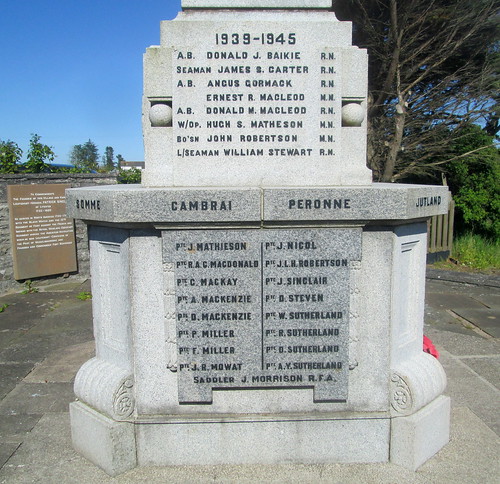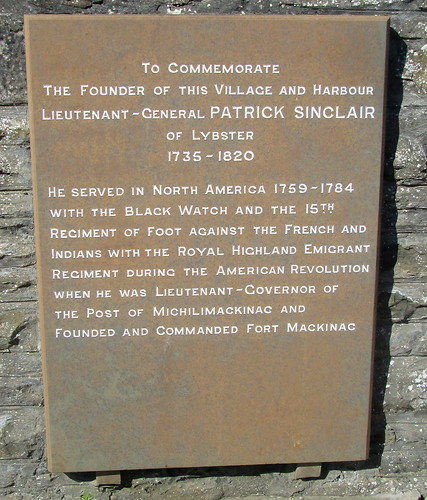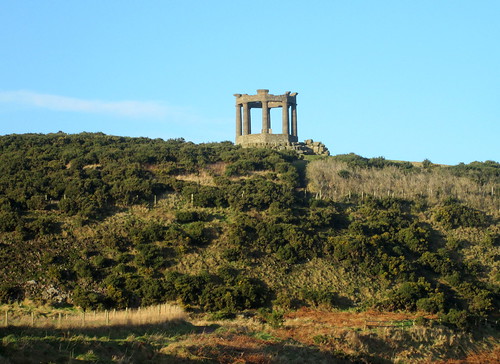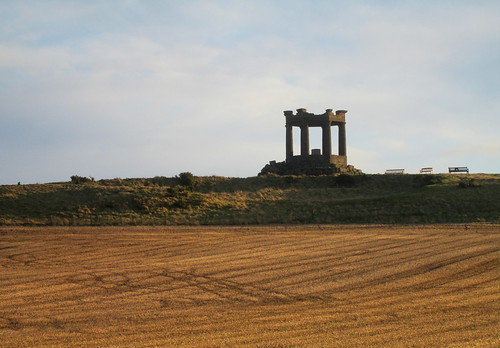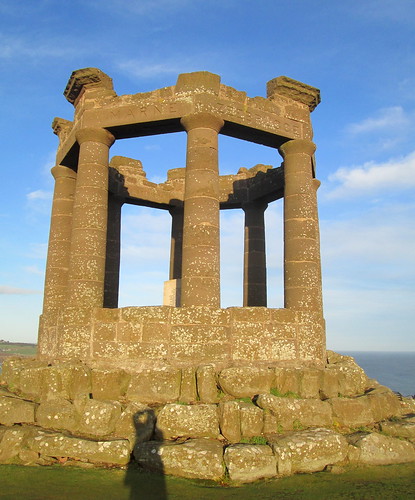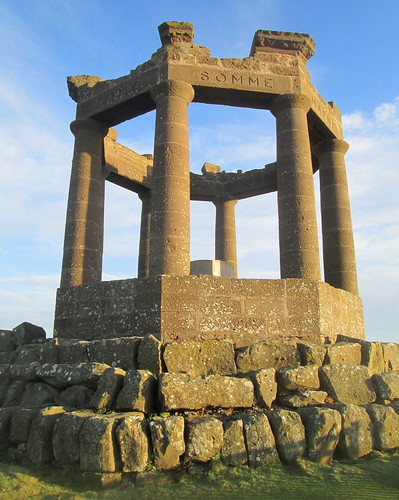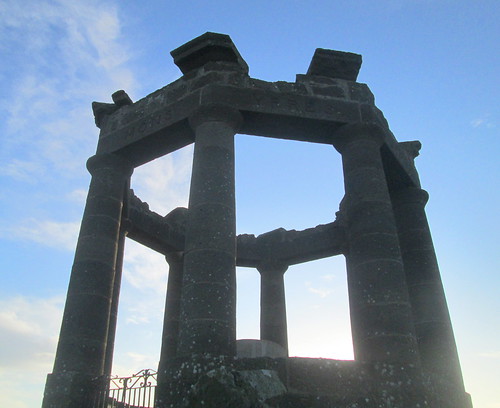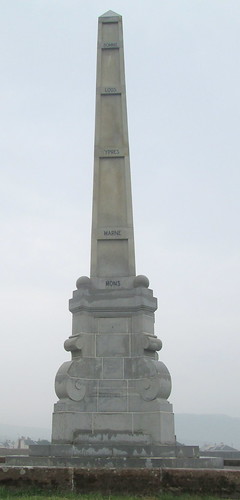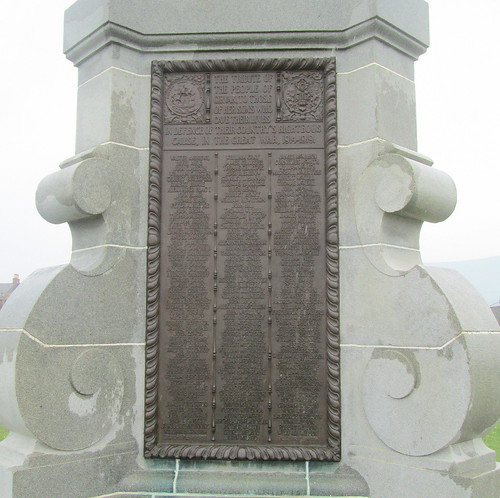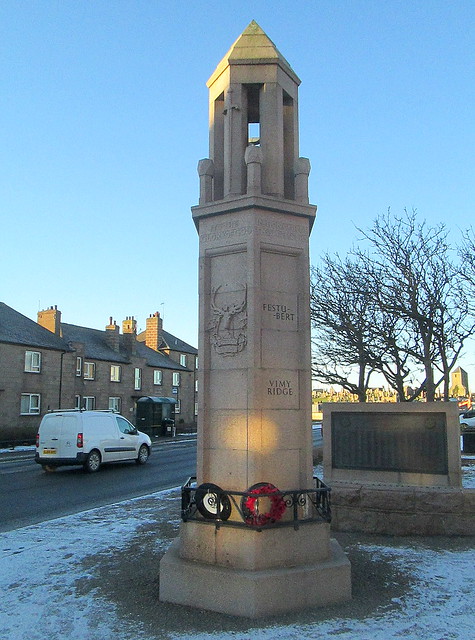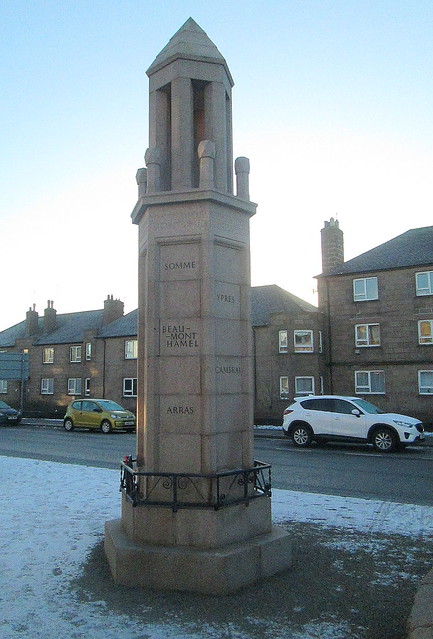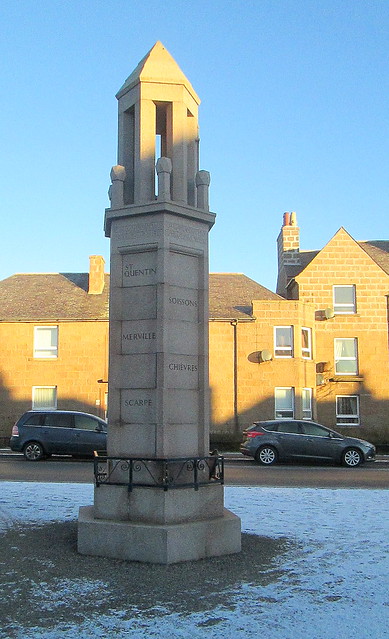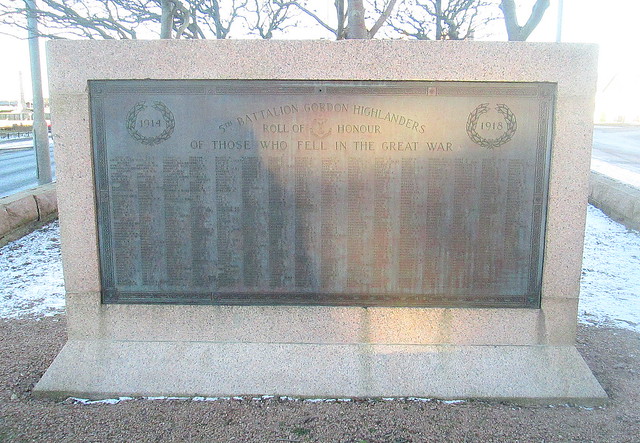The Middle Parts of Fortune: Somme and Ancre, 1916 by Frederic Manning
Posted in Other fiction, Reading Reviewed at 12:00 on 18 December 2022
Penguin Modern Classics, 2000, 251 p, plus xii p Introduction by Niall Ferguson and i p Author’s Prefatory Note. Published (as Her Privates We) in 1930.

This novel was first published (in a private edition) in 1929, a good year for Great War literature seeing as it did the debuts of Goodbye to All That, All Quiet on the Western Front, A Subaltern’s War and A Farewell to Arms. That The Middle Parts of Fortune did not achieve the prominence of those better known works Niall Ferguson in the Introduction ascribes to the watering down of soldiers’ language in the book entitled Her Privates We that came out to a wider public a year later. The dilution of effect that bowdlerisation gave is highlighted by the extracts from that original edition which Ferguson quotes alongside the same passage in the more emphatic restored version of this Penguin Classics printing. Its relative obscurity is all the more disappointing to Ferguson as he notes that several commentators, including Hemingway himself, thought it the best (or, to military historian Sir Michael Howard, at least one of the greatest) book(s) about soldiers and war in western literature.
As its subtitle indicates it follows the fortunes of a small group of men between their last involvement in the Battle of the Somme to their later deployment at the Ancre in late 1916. The main character is a private named Bourne who, due to his education (he speaks French, though badly,) has a background more in common with the officers than his fellow soldiers. It is proposed to him by his battalion commander that he be put forward for a commission. At first he is reluctant but later accepts that it may be his duty.
Apart from the topping and tailing of the two battles there is very little depiction of actual fighting (as opposed to random shelling by the Germans.) The novel is mostly the depiction of life out of the front line, the interactions between the soldiers themselves and with the civilians with who they come in contact. (There is a moment of light relief in an incident where the Hindustani derived word ‘cushy’ is misheard by a Frenchwoman as a desire to coucher with her daughter.)
Bourne is closest to privates Martlow and Shem, and resents being separated from his platoon to undertake signals duty, even though the work there is less onerous. There are some diversions about a deserter, Miller, whom all the soldiers agree ought to have been shot, but is given another chance.
The setting gives Manning the opportunity to ruminate on the circumstances of life. “Civilisation is only the organisation of man’s appetites, for food or for women, the two fundamental necessities of his nature,” and of their situation, “French beer is enough to make any reasonable man pro-German.” On a march they pass an Australian cart driver who appeared to be slacking and was amazed to be told off by Bourne’s Colonel – at length and with fluent vigour – “in language to which no lady could take exception.”
That Bourne’s attitudes are of his time are illustrated by him saying about Shem, “‘To be a Jew and not to have money would be an unmitigated misfortune.’” Shem had had “‘a cushy job in the Pay Office, to which all his racial talent gave him every claim’” but had given it up to go soldiering. If the occasion demanded it though Shem would nevertheless be generous.
Shem himself remarks about staff officers, “‘They seem to go on from saying that losses are unavoidable, to thinking that they’re necessary, and, from that, to thinking that they don’t matter.’”
There is another amusing observation that “One insuperable bar to conversation with a Scotsman is, that is impossible to persuade him that an Englishman speaks English.” This, Ferguson’s introduction asserts, is anti-Scottish. Rather the opposite I would think.
Pedant’s corner:- In the Introduction; “A less expected target … are fellow soldiers” ( … is fellow soldiers,) “sergeant majors” (if not hyphenated surely the plural ought to be ‘sergeants major’.) Otherwise; whiskey (always spelled this way except for one instance of the correct British spelling ‘whisky’,) a missing end quotation mark, “the company were billeted” (company here is singular; was billeted,) “Humphreys’ face” (Humphreys’s,) Williams’ (Williams’s,) “none of the other companies were ahead of them” (none … was.)
